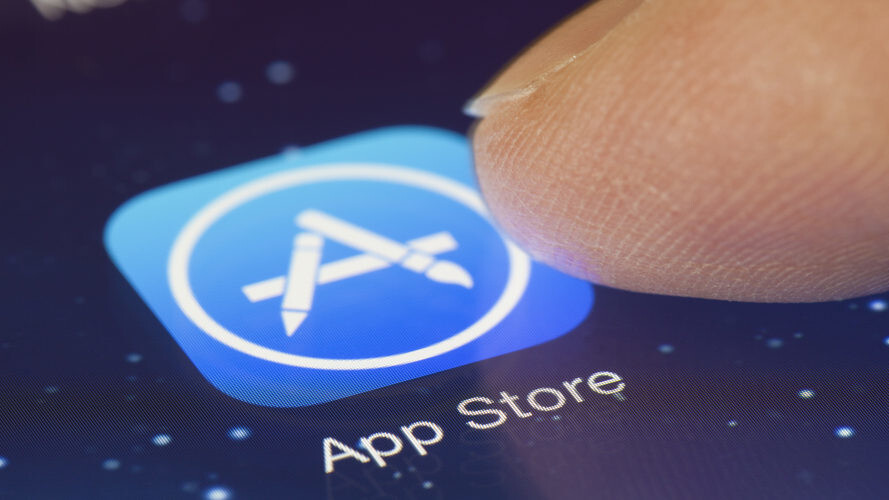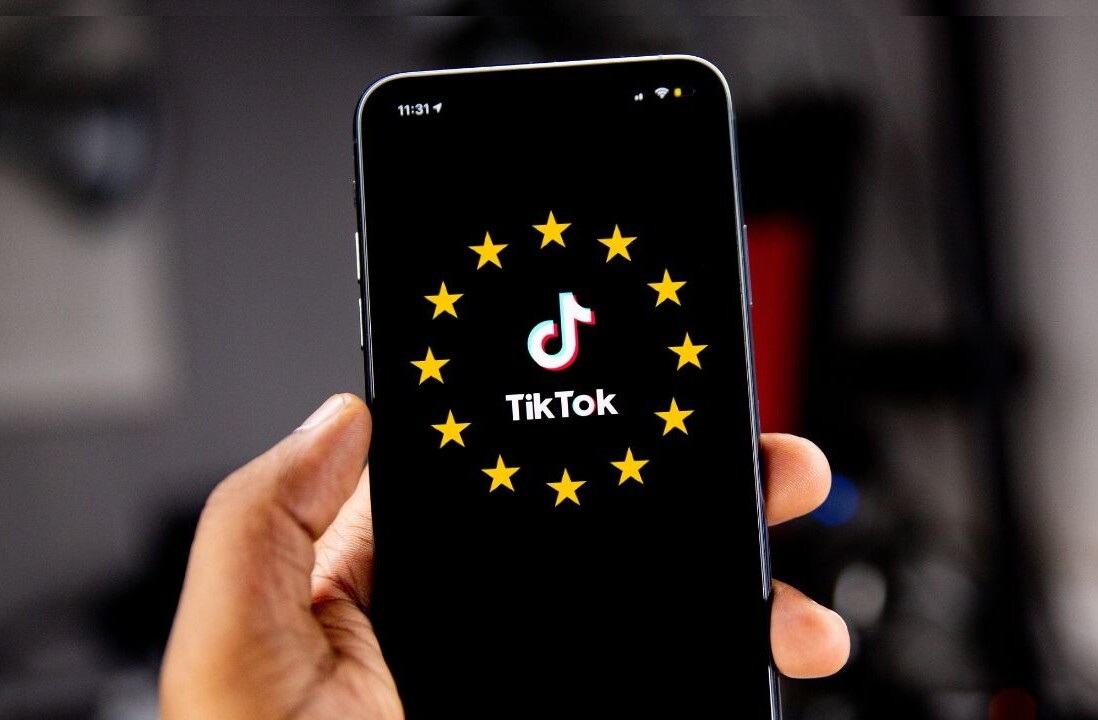
App stores are in desperate need of an innovative makeover. They’re broken – especially from a developer’s point of view.
The App Store and Google Play currently host more than 4m apps between them, making it incredibly hard for developers to get their apps discovered in this saturated ecosystem – this is without mentioning the 1,600 new submissions coming through on a daily basis. No matter how innovative or life-changing an app might be, without a large marketing budget or that famous grain of luck, it’s more than likely to be buried somewhere in the depths of the stores.
One of the relied upon ways developers got discovered was in the search results. But, since Apple has introduced paid search ads, this has become less likely as well.
What Apple praises as a fair chance for small apps, is in reality the opposite. Considering the chosen ad will be determined by a price auction, the fate of the small apps is sealed: Only the top publishers with the biggest pockets will be able to position their apps in the search results and increase their already existing domination.
These developments make the exciting early days of the App Store feel like a distant memory.
In 2008, when Apple launched the App Store, both small and large developers had the same opportunities. As all apps had the same attainable chance to be found, the most creative and innovative ones – sometimes with the simplest ideas – were able to engage consumers. Back then the App Store was more an anarchistic open field where acquiring users wasn’t a problem for small developers.

Of course it’s natural that the the App Store was going to become a lot more competitive, and that’s a great thing. The point isn’t that things shouldn’t have changed, but that discoverability within the App Store should have evolved with the growth so that the innovation and creativity could still shine.
I was one of these independent creators back at the beginning building apps during the early days of the App Store.
This new environment allowed me to experiment with different ideas in a world where people were taken by the novelty of being able to grill a digital steak on their phone’s screen or drink a digital pint of beer by tilting their phone near their mouth.
During that time, I developed quite a few apps; sometimes I failed, sometimes I succeeded. Eventually, at the age of 17 I was the first teenager in the world to achieve one million App Store downloads with a facial recognition app that went on to get more than 3.5 million downloads in total.
Nearly a decade later and my scenario seems unrealistic to happen again. But it was in late 2012 that I became determined to leave app development behind and find an alternative solution for developers in such a crowded market.
After speaking with my friends and fellow app developers, Dom Bracher and Nick Reffitt, I found out they were experiencing the same frustrations with their projects. After putting our heads together, we created Tapdaq, a platform which offers a solution for mobile app developers who struggle to stand out among the masses on the app stores.

Tapdaq works as an in-app advertising facility which enables mobile developers to grow and retain their app’s user base through cross-promotion and install exchange with other developers. As mobile developers ourselves, we know the market is in need of a serious shake up and it’s time for developers to take back control and think outside the box. We want to help the success rate of creative apps being discovered in a landscape where 0.01 percent of creators will be fruitful.
It’s stats like this that makes it so important to get the basics right.
First impressions are vital; when apps are rushed into the stores with little bugs still to be ironed out, this could frustrate users who will delete it and not come back.
People need to understand what it is an app does and why it’s right for them as quickly as possible, so developers need to have a clear, succinct description – using your keywords – some engaging screenshots and a quality video to draw them in. Then, when it comes to launching, developers should avoid holiday periods because chances are they’ll be up against huge competition as the big players push their marketing efforts.
As well as the basics and working with others to cross-promote, developers should look at App Store optimization (ASO) as one of the remaining organic methods to improve the discoverability of their app. Especially, after the introduction of the paid search ads, this method will remain more valuable than ever before.
Another method of discovery that’s really taking off is influencer marketing.

When choosing what apps to download in a saturated market, we naturally take recommendations from people we trust. So collaboration with influencers who have clout in their target market can encourage downloads.
Influencer campaigns that lack authenticity, however, are just a lazy, quick and easy way to get an app in front of people that can harm reputation and they won’t pay off in the long run. Focusing on large followings and pre-determined content is just a shortcut. Studies show that the effectiveness of celebrity endorsements is on the decline, so, keep influencer marketing alive by staying authentic.
Building, growing and nurturing a loyal community is one of the most important components of a long, successful lifetime once an app out there.
These users will help the app grow in more ways than one; they’ll tell their family and friends, spread the word on social media and give you feedback which will help steer the product in the right direction as it grows. Developers should think about how they can interact with and reward their users in the most effective way possible, and steadily they’ll form a strong, devoted user base.
As we see it, these are some of the avenues which are effective when it comes to promoting apps in the highly competitive and challenging environment of the app stores.
It’s time to work together, think creatively and help power discovery for the entire app economy without relying solely on the stores.
Get the TNW newsletter
Get the most important tech news in your inbox each week.




